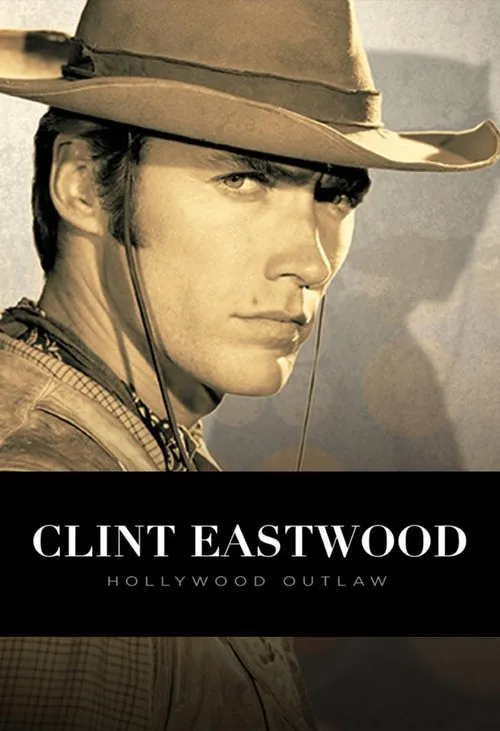Clint Eastwood: Hollywood Outlaw

Plot
Clint Eastwood is widely regarded as one of the most influential and successful filmmakers of his generation. The documentary "Clint Eastwood: Hollywood Outlaw" delves into the fascinating life and career of this versatile actor, director, and producer who defied convention and challenged the norms of Hollywood during his six-decade reign. Born on May 31, 1930, in San Francisco, California, Clint Eastwood grew up in a troubled childhood, with his family facing poverty and his father's struggles with work and marriage. These formative experiences seem to have instilled in Eastwood a strong sense of resilience and a fierce determination that would serve him well in the competitive world of entertainment. After dropping out of high school in the eighth grade, Eastwood worked as a dishwasher and lifeguard before enlisting in the United States Air Force in 1950. During his time in the military, Eastwood discovered his passion for music, becoming a member of a service choir and developing his interest in jazz. Upon being discharged from the Air Force in 1953, Eastwood moved to Los Angeles with the intention of pursuing a career in acting. Initially, he faced rejection, struggling to find steady work as a performer. Eastwood eventually landed small roles in films and television shows, including the popular 1955 series "Rawhide," which catapulted him to fame and provided a steady income. However, it wasn't until Eastwood's collaborations with director Sergio Leone that he truly gained international recognition and a reputation as a tough, rugged actor capable of carrying complex characters on the screen. These early successes, particularly "A Fistful of Dollars" (1964), "For a Few Dollars More" (1965), and "The Good, the Bad and the Ugly" (1966), solidified Eastwood's status as a Hollywood outsider, earning him the moniker "The Man with No Name." Eastwood's breakthrough as a director came with the 1971 film "Play Misty for Me," a psychological thriller that explored themes of obsession and the darker side of relationships. This debut film marked the beginning of a creative partnership between Eastwood and producer Rob Cohen, with whom he worked on numerous projects in the coming years. Throughout the 1970s and 1980s, Eastwood continued to push the boundaries of storytelling, crafting uncompromising, morally complex characters that defied conventional Hollywood formulas. His films such as "The Outlaw Josey Wales" (1976), "High Plains Drifter" (1973), and "Unforgiven" (1992) demonstrated his mastery of the Western genre, while also tackling issues of redemption, justice, and the blurred lines between good and evil. One of Eastwood's most significant contributions to cinema is his ability to weave themes of masculinity and the human condition into compelling narratives. His iconic roles in "Million Dollar Baby" (2004), "Gran Torino" (2008), and "Unforgiven" showcased his talent for evoking a deep sense of empathy from audiences, often challenging societal norms and expectations. The "Dirty Harry" franchise (1971-1988), which catapulted Eastwood to global superstardom, cemented his reputation as a force to be reckoned with in Hollywood. The character of Harry Callahan – a tough, unyielding, and sometimes unapologetic lawman – embodied Eastwood's distinctive on-screen persona, capturing the spirit of the 1970s and 1980s' gritty, realist aesthetic. Throughout his illustrious career, Eastwood has received numerous accolades, including four Academy Awards for Best Picture and Best Director for "Unforgiven" (1992), "Million Dollar Baby" (2004), and "The Unforgiven" did indeed earn Clint Eastwood his first Oscar, however, "Letters From Iwo Jima" earned Clint another Oscar.
Reviews
Recommendations




